In California, the fast food industry is undergoing significant changes as a new $20 minimum wage law takes effect on Monday April 1st.
According to a report by The Wall Street Journal, restaurant chains, particularly pizzerias, are preparing for this adjustment by reducing their workforce. These businesses plan to cut hundreds of jobs, reduce working hours, and halt new hiring to cope with the increased labor costs. This development comes as more restaurant chains brace for the financial impact of the wage increase.
Pizza Hut Adjusts to Wage Increase with Job Cuts

Pizza Hut is one of the chains making substantial adjustments in response to the new minimum wage law, with more than 1,200 delivery jobs being cut in December.
Despite these cuts, Pizza Hut assures customers that delivery service will remain available through their mobile app, website, and phone ordering, ensuring a consistent customer experience.
The Story of a Pizza Hut Driver

Michael Ojeda, a 29-year-old Pizza Hut driver in Ontario, Calif., received a notice in December from Southern California Pizza, a Pizza Hut franchisee, that his employment would end in February.
Ojeda, who devoted nearly a decade of his career to Pizza Hut, expressed his dismay, stating, “Pizza Hut was my career for nearly a decade and with little to no notice it was taken away.”
Excalibur Pizza to Reduce Workforce

Excalibur Pizza, operating under the Round Table Pizza brand, has confirmed plans to eliminate 73 driver positions in April, which represents 21% of its workforce.
The company is shifting its delivery services to third-party providers. This move is described as a job transfer rather than a loss, indicating a trend among California restaurant operators to adapt to rising operating costs by changing their staffing strategies.
The FAST Act

This law was first introduced to California lawmakers as the FAST Act. This act was intended to help fast-food employees receive raises as the cost of living throughout the state skyrocketed.
Many of these employees were still not earning enough to make a living. So, the California government decided to make some changes to force major fast food chains to pay their employees a living wage.
No Exemptions from New Wage Law
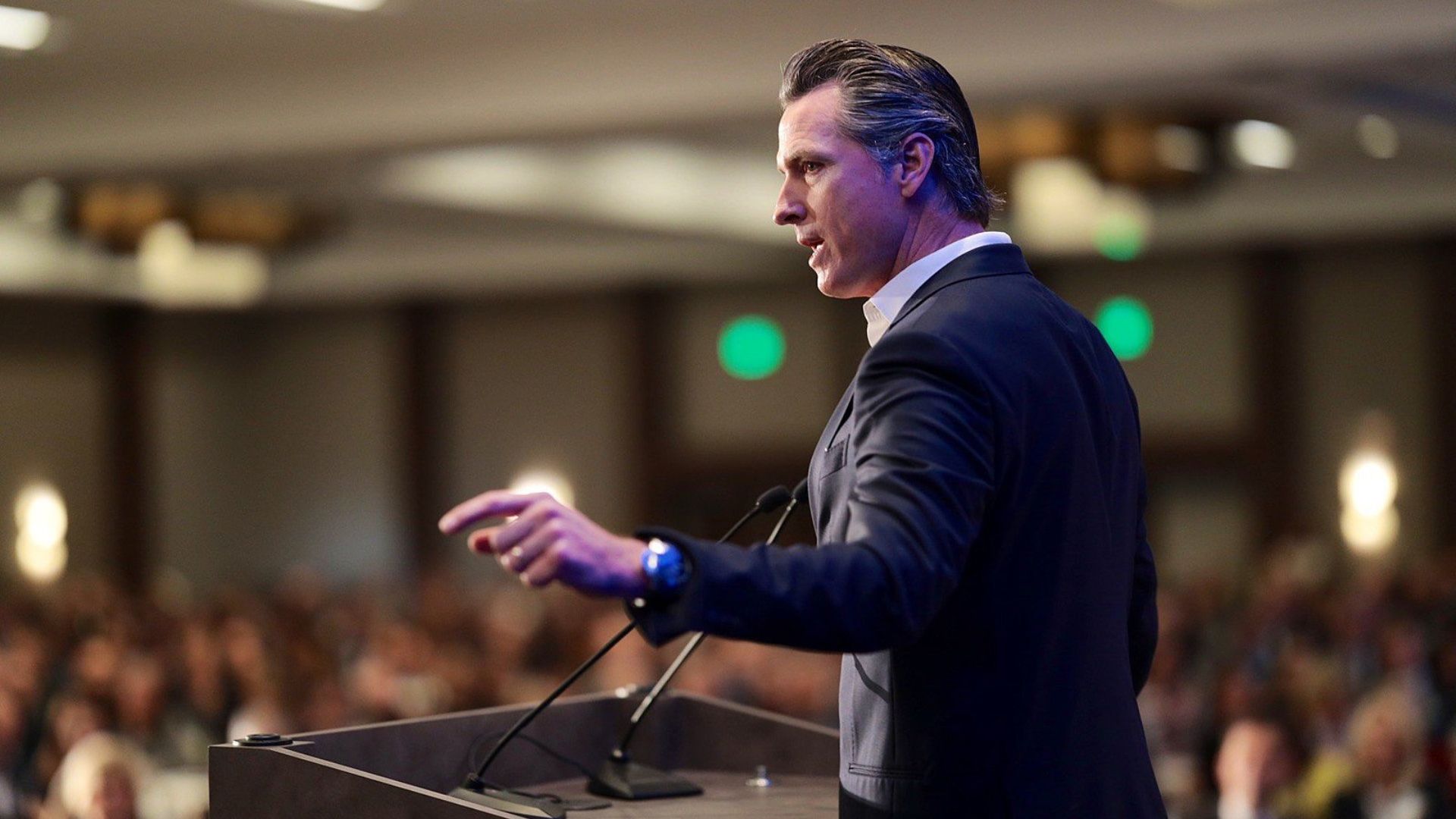
Governor Gavin Newsom has made it clear that there will be no exemptions to the new wage law. This legislation includes businesses that serve ice cream, coffee, boba tea, pretzels, or donuts as part of the fast food industry.
The National Law Review’s analysis of the bill indicates that a broad range of establishments could fall under the law’s coverage, extending its impact beyond traditional fast food restaurants.
Panera Seeks Exemption from Wage Increase
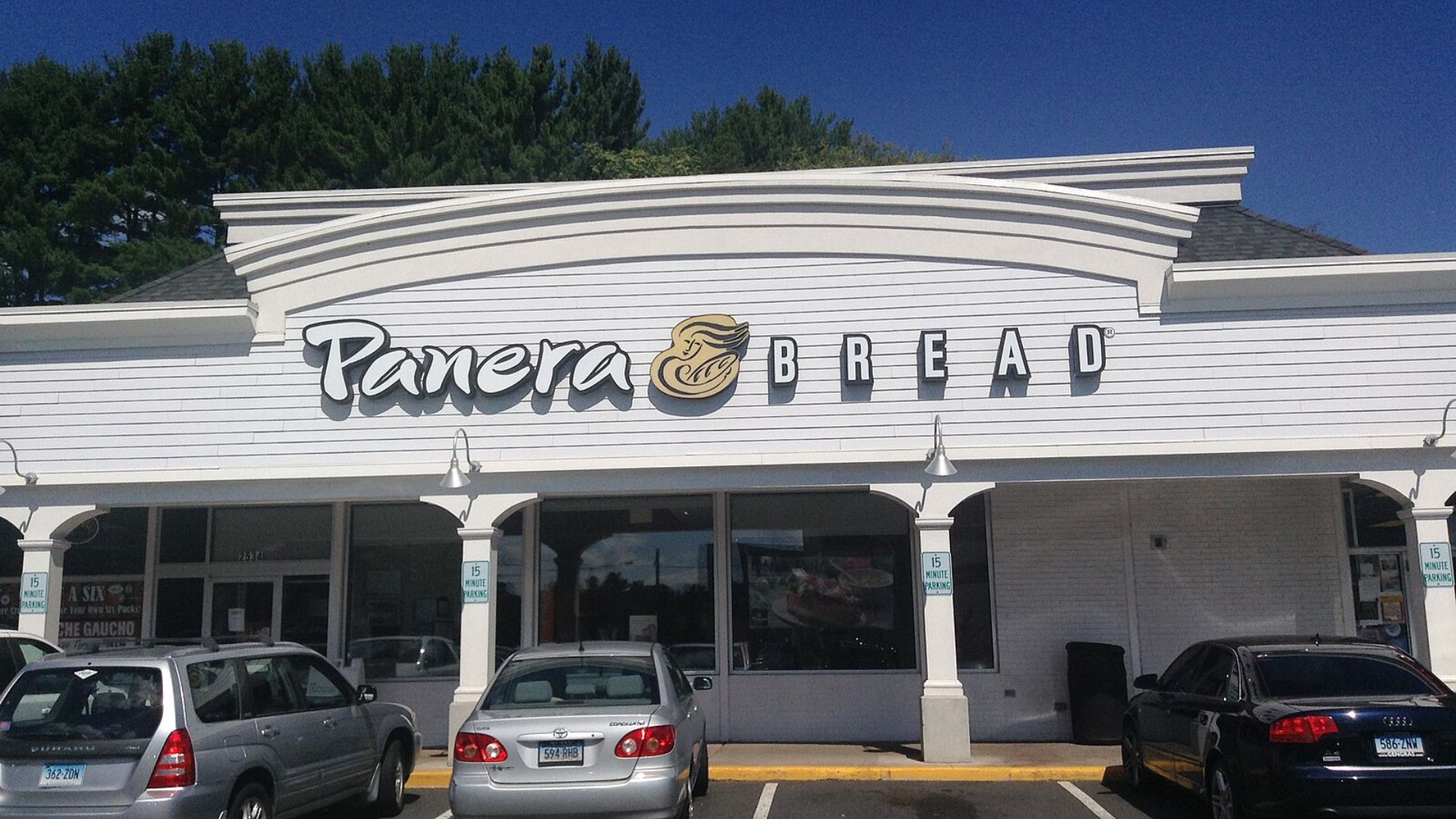
Greg Flynn, who oversees Panera franchises in California, attempted to exempt his restaurants from the new mandate by arguing that in-house bread production should qualify for an exemption.
However, this claim was dismissed by Newsom’s office as “absurd.”
Newsom and Panera Bread
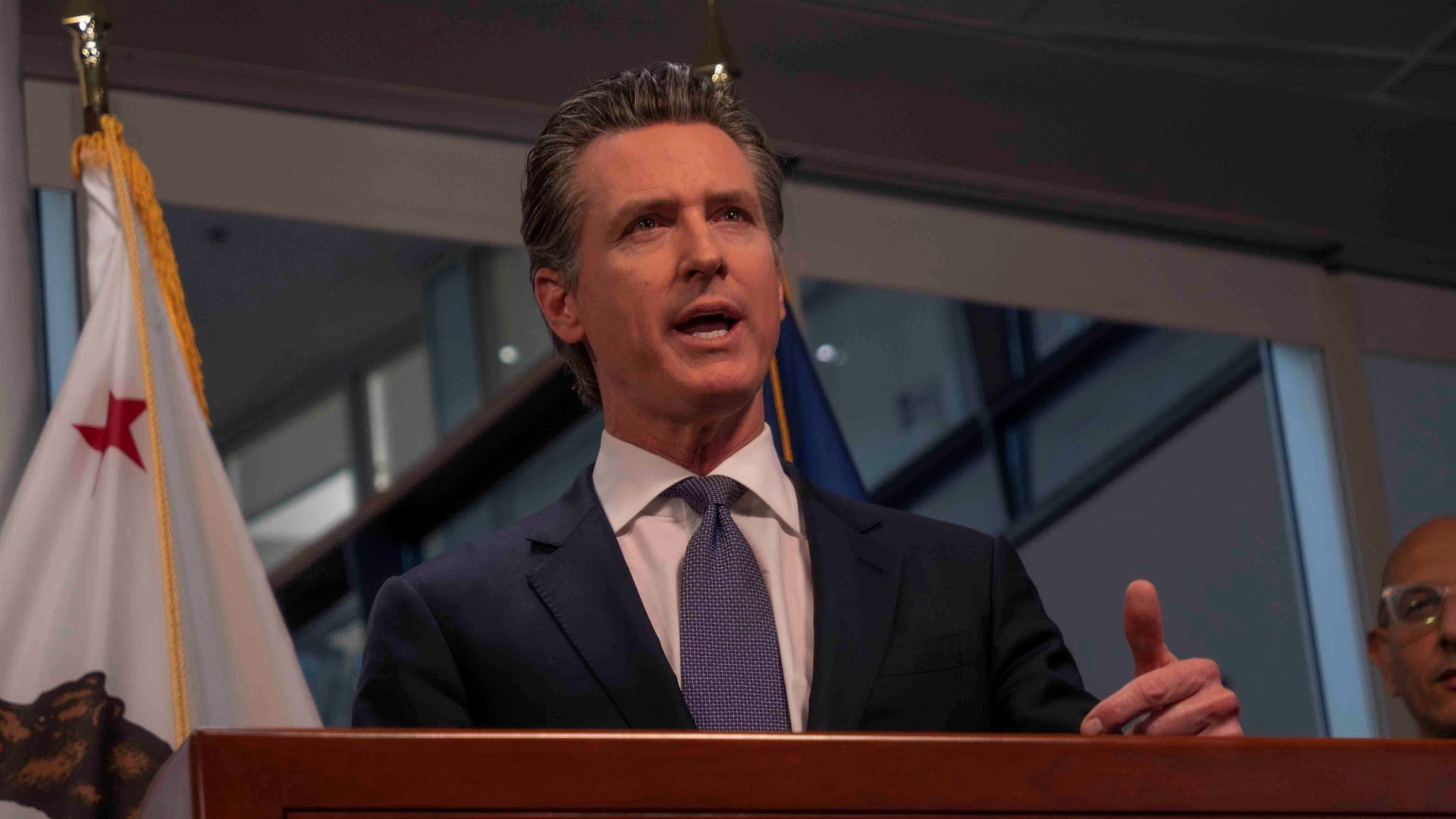
Recently, Newsom came under fire when it was suggested that his office pushed for Panera Bread to be exempt from this new minimum wage law.
While Newsom has denied these allegations, critics couldn’t help but point out how odd it was that those creating the law did include an exemption for fast food restaurants that baked their own bread.
Newsom and Panera’s Connections

Most intriguingly, Newsom has a long history with Greg Flynn, a Panera Bread franchise owner who owns many fast-food restaurants in California. Flynn has previously endorsed Newsom in his political campaigns.
However, both Flynn and Newsom have stated that they did not push for these exemptions — something critics continue to say they’ve done.
Flynn’s Response
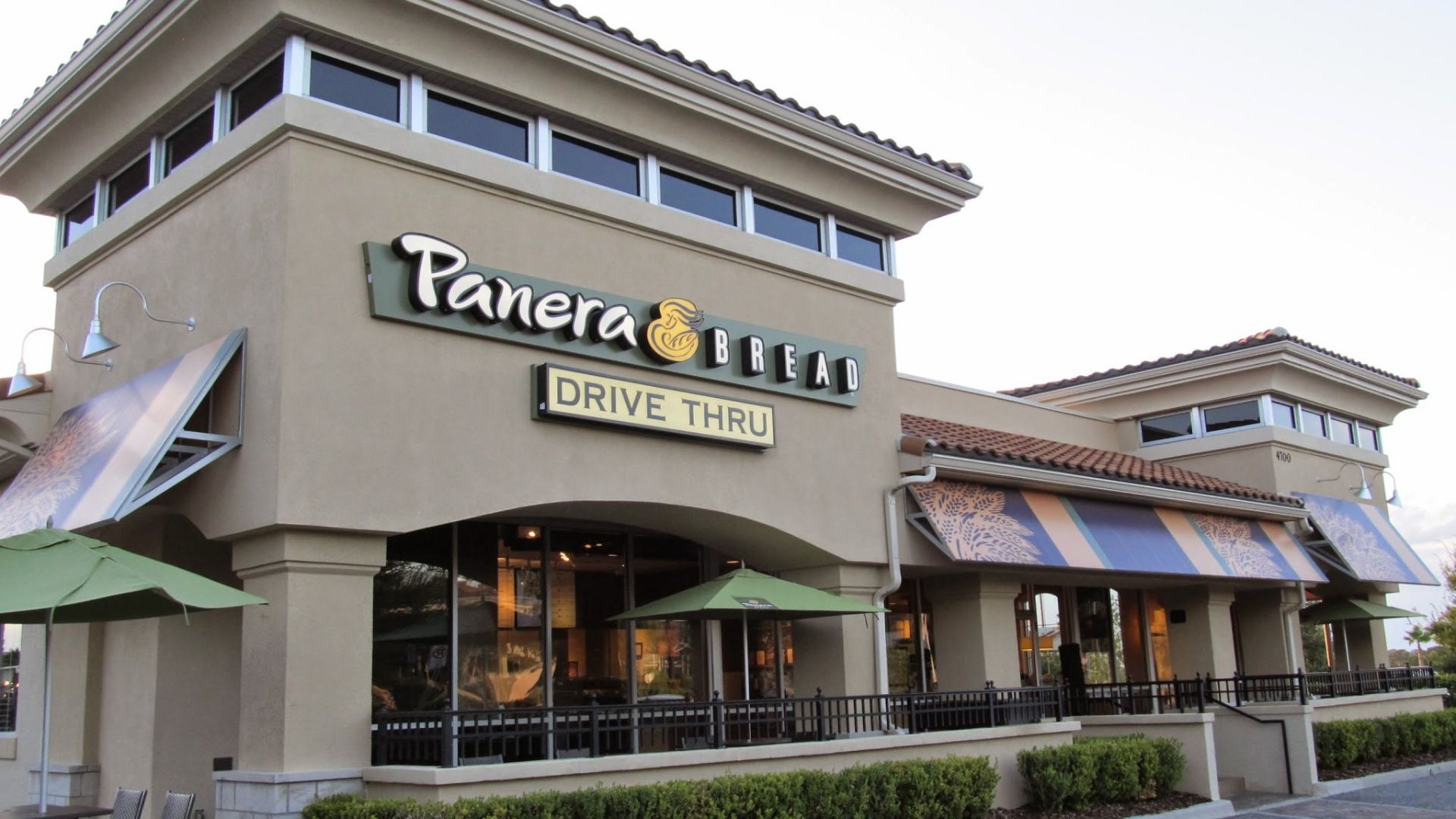
As criticism of Flynn and Newsom heated up in the press and on social media, Flynn quickly released a statement saying that he didn’t push for this exemption. Eventually, he also insinuated that he would follow the law, even if Panera Bread was exempt from it.
This resulted in Flynn stating that he would raise employees’ minimum wage at Panera Bread to $20 in California.
Confusions Over Panera Bread
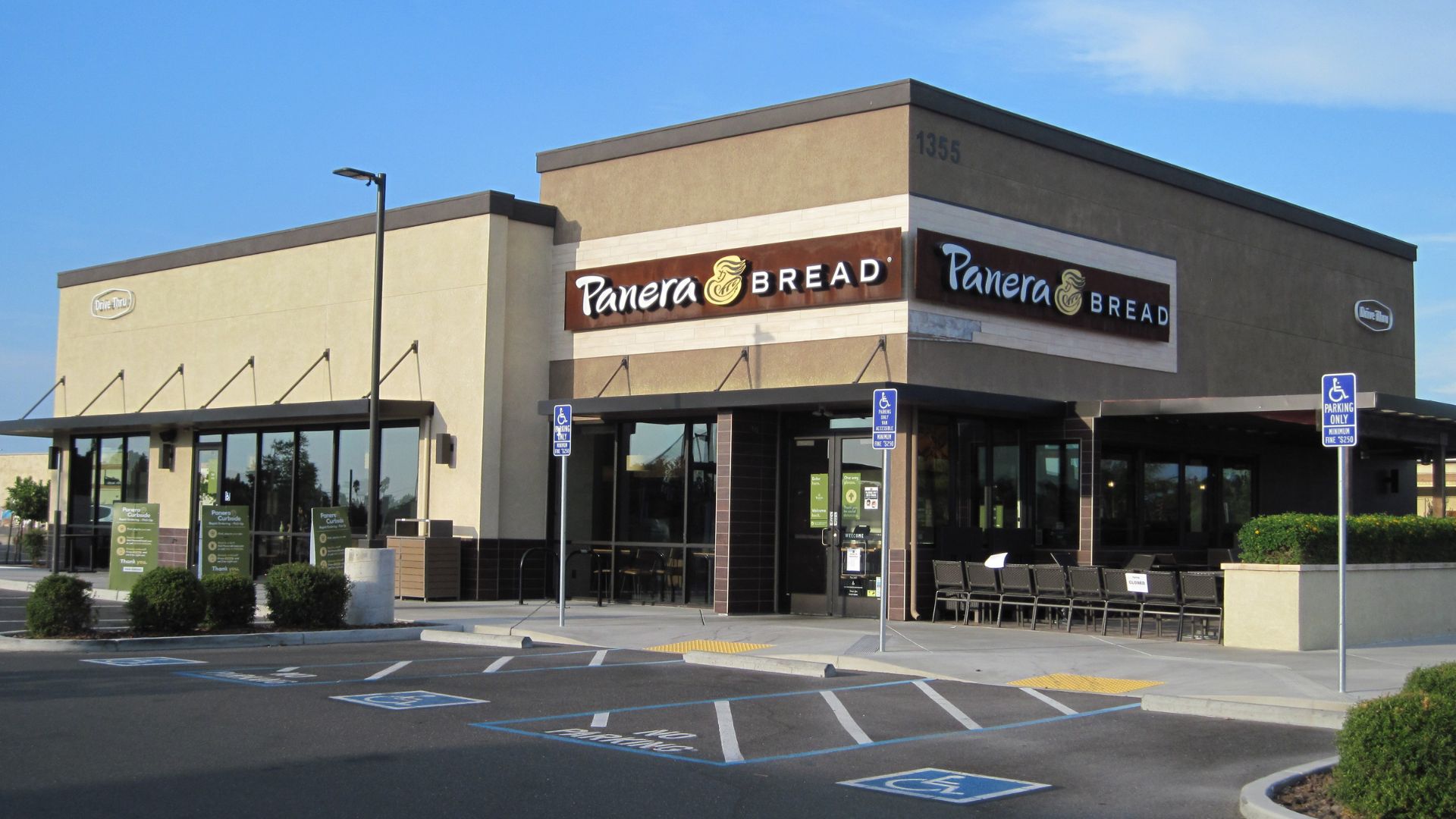
Even if Newsom’s office did push for an exemption for Panera Bread, it’s not currently clear if the eateries would even qualify for this exemption.
According to some analysts, Panera Bread still wouldn’t qualify for this exemption, as they don’t make the dough on-site. They make it off-site and then ship it to each individual store. This alone could disqualify Panera Bread from the exemption.
Price Increases

Many restaurants have warned that they will have to raise their menu item prices throughout California to offset this minimum wage law. According to the New York Post, this is already happened.
Burger King is one example. Before the law, a Texas Double Whopper meal cost $15.09. After the law went into effect, it increased to $16.89.
Starbucks and Chipotle to Raise Prices
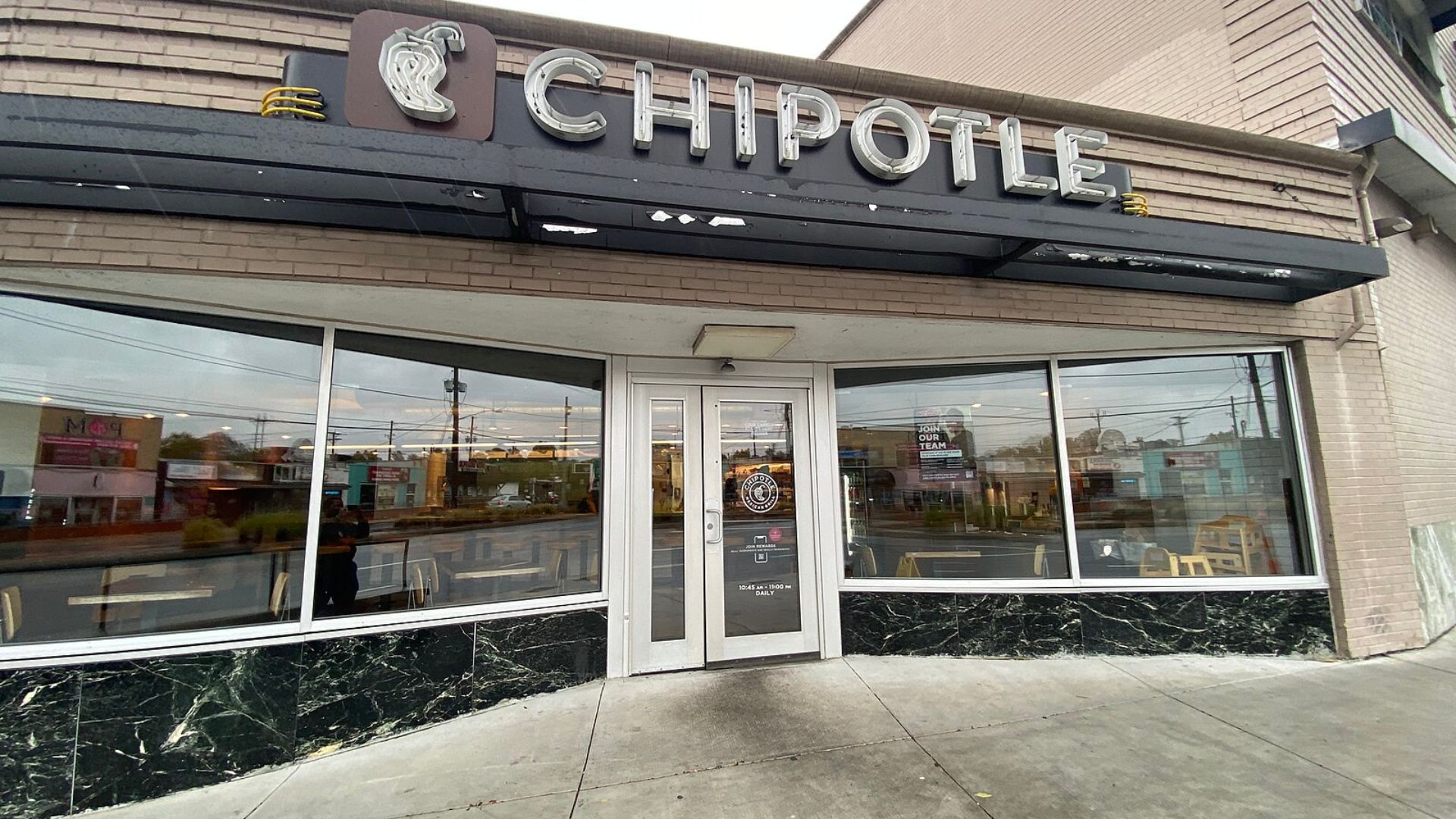
Both Starbucks and Chipotle have announced plans to increase their prices to comply with the minimum wage increase.
Chipotle’s CFO discussed the necessity of this action with Yahoo Finance, while a Starbucks spokesperson told USA TODAY that the company is committed to improving compensation and the overall experience for their partners.
Starbucks Closes Stores Amid Wage Changes

Starbucks has recently closed seven stores in California. The company asserts that these closures are part of a strategy to enhance compensation and the overall experience for its partners.
Starbucks’ comprehensive compensation package for U.S. hourly partners averages $30 per hour, reflecting their approach to sharing success with employees at all levels.
Fast Food Chains Adjust Menu Prices
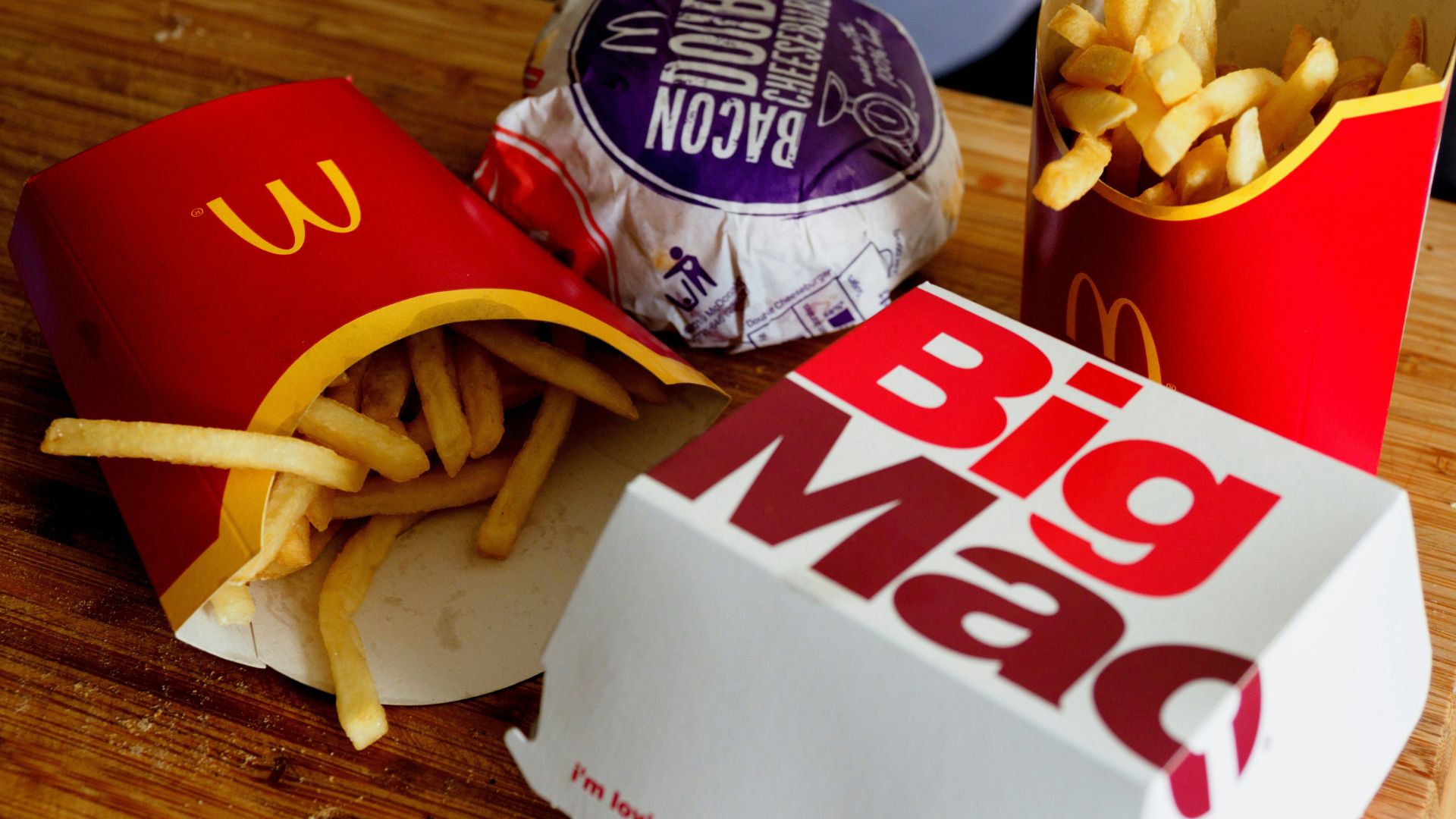
Popular chains like McDonald’s and Chipotle are revising their menu prices in California to fund the minimum wage hikes passed in September.
This adjustment is a direct response to the state’s legislative changes, affecting how businesses operate and price their offerings.
Significant Wage Increase for Fast Food Workers
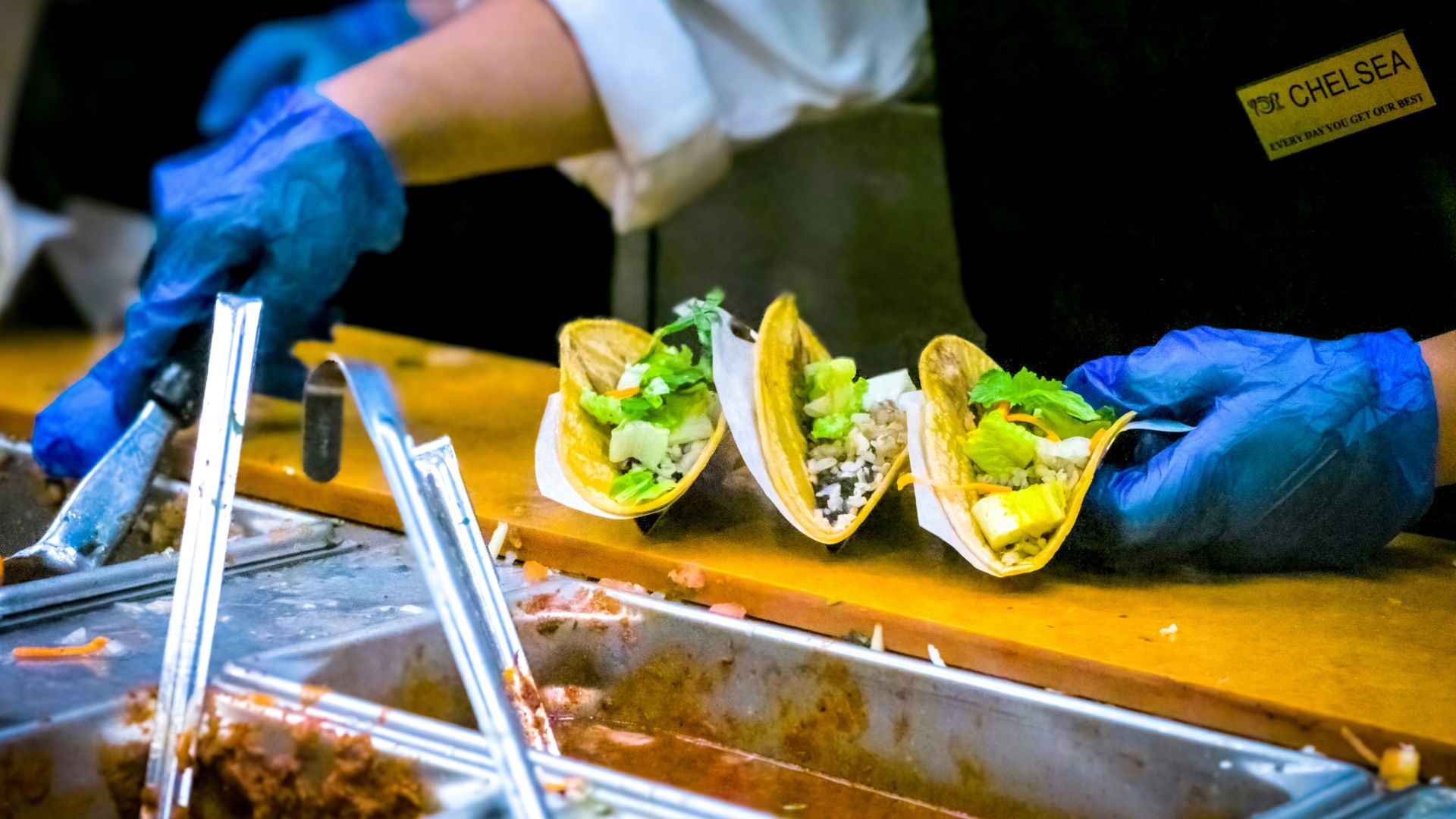
The minimum wage increase for California fast food workers, represents a substantial rise from the state’s broader $16 minimum wage.
This increase is a notable financial improvement for workers in the industry.
Challenges for Small Business Owners

In San Jose, Brian Hom, who owns two Vitality Bowls restaurants, illustrates another facet of the minimum wage law’s impact.
To cope with increased labor costs, Hom has reduced his staff to two employees per store, half of the typical number, resulting in longer wait times for customers and necessitating higher prices to cover the added expenses. “I’m definitely not going to hire anymore,” Hom declared, highlighting the strain on small business owners.
Complications Remain

There have already been a few complications and confusion with the passing of this bill. Panera Bread isn’t alone in wondering if they are exempt from the law or not.
Many fast-food eateries around California remain concerned about the law, simply because they can’t figure out if they are exempt or not. Unfortunately, when they try to connect with the government to better understand what they should do, they’re left with more questions.
Exempt Places

According to this new minimum wage law, only fast-food chains will have to pay their employees at least $20 an hour. Chains that have more than 60 locations throughout the country are impacted by this legislation.
Therefore, small businesses that only have one or two stores — or even ten stores — are exempt.
More Than Fast Food Restaurants Are Affected
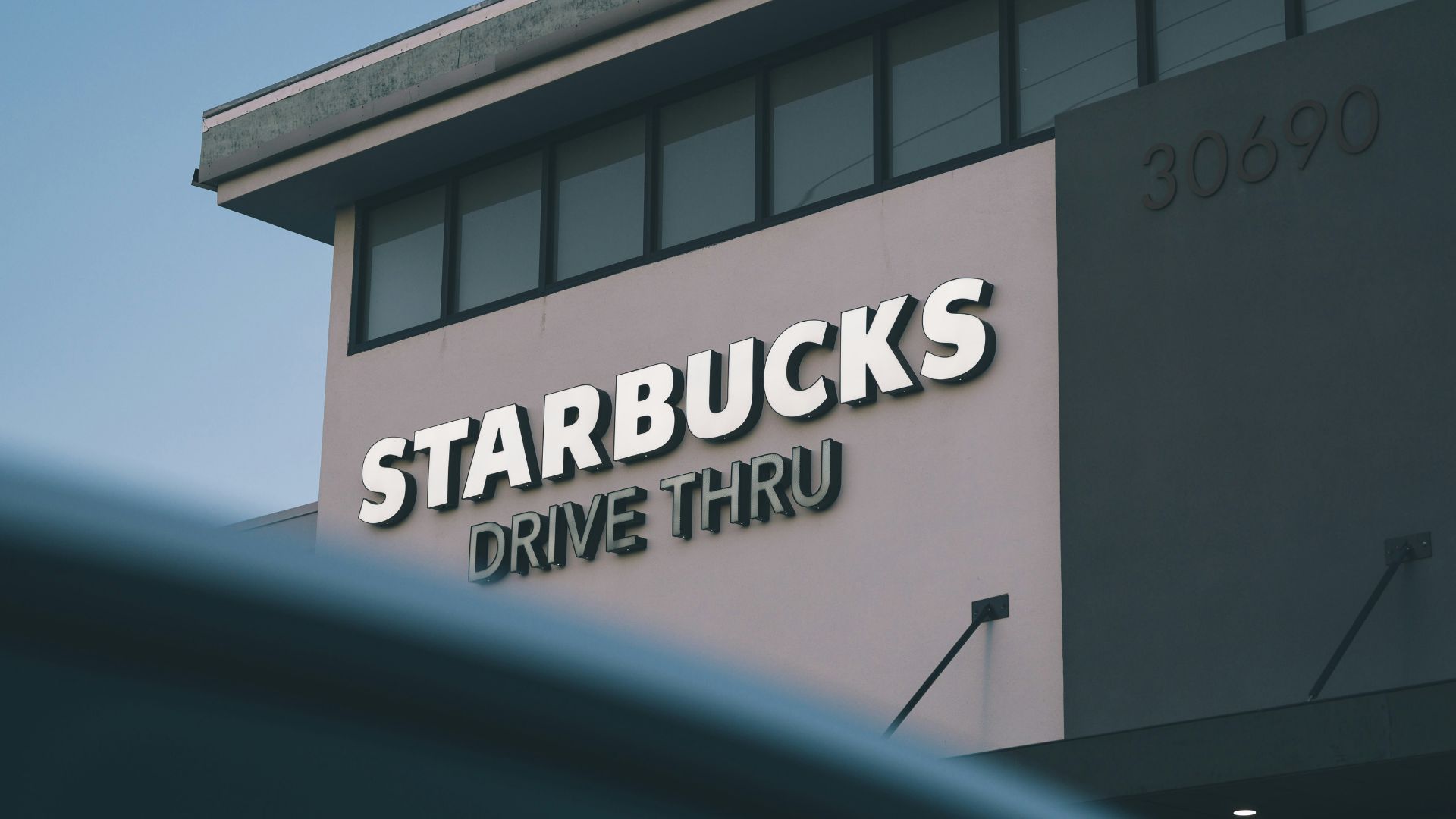
While many analysts have talked about how this law mainly targets fast-food establishments, many other eateries and shops are also having to raise their minimum wage.
Places like coffee and boba shops are not exempt. Some ice cream parlors may also be impacted by this new legislation.
Demand Will Help
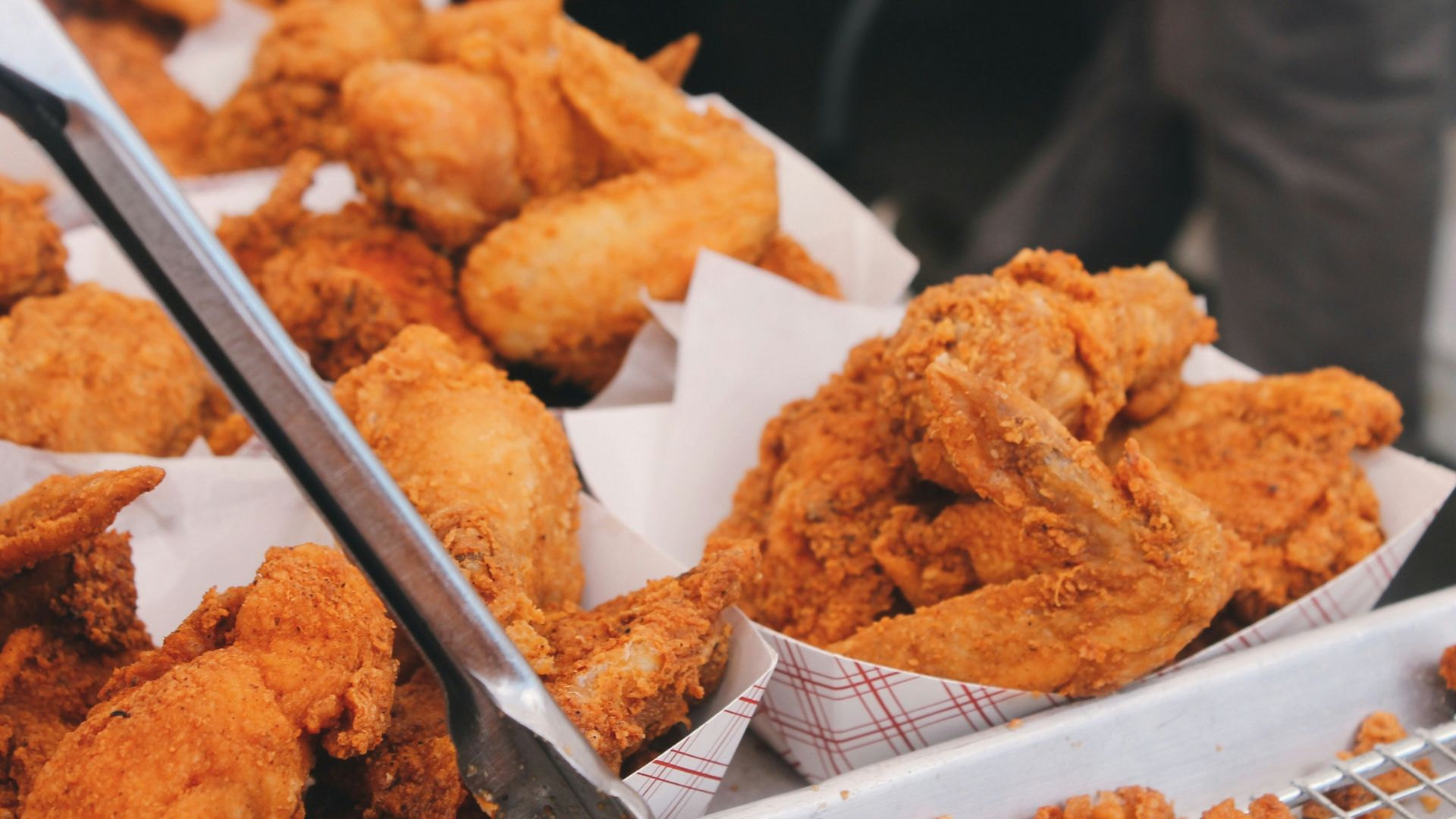
Supporters of this legislation believe that everything will even out eventually once businesses get used to this change. According to these analysts, the fast food industry always sees a lot of demand in California.
High demand often results in more employees being hired — and hired at a higher wage.
Trickling Into Restaurants

These analysts also hope to see this higher wage naturally trickle into other restaurants or eateries that are currently exempt from this new minimum wage law.
People may leave lower-paying jobs for these new $ 20-an-hour ones. This then could naturally force other businesses to raise their own wages to try to keep employees in a very busy industry.
An Unknowable Future
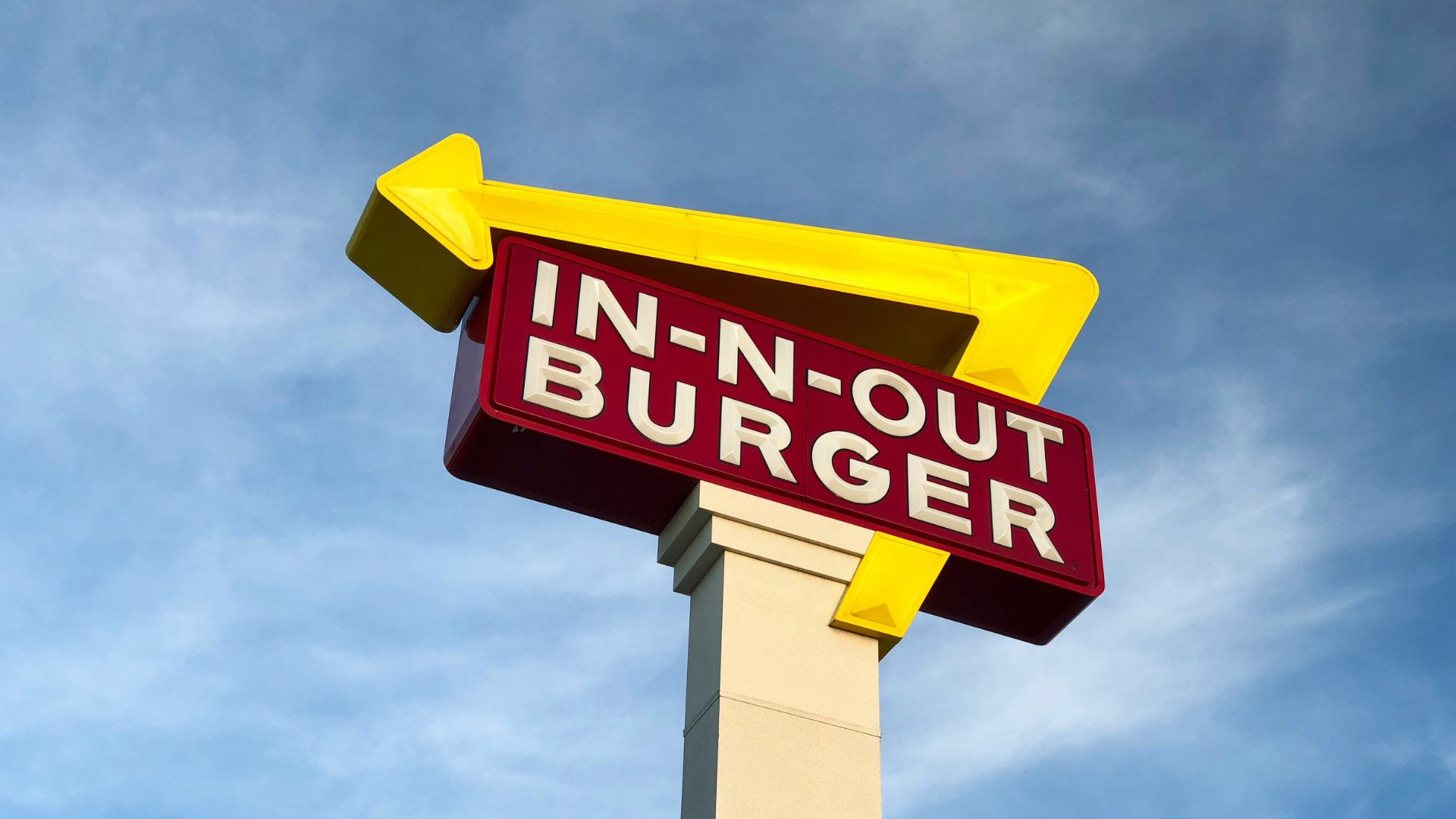
However, critics of this legislation don’t believe this will happen at all. They think California businesses will continue to suffer, thanks to this law.
The future is unknowable. Though there have already been immediate layoffs, the industry could easily bounce back once it gets used to these new minimum wage laws.
The Future of California’s Fast Food Industry
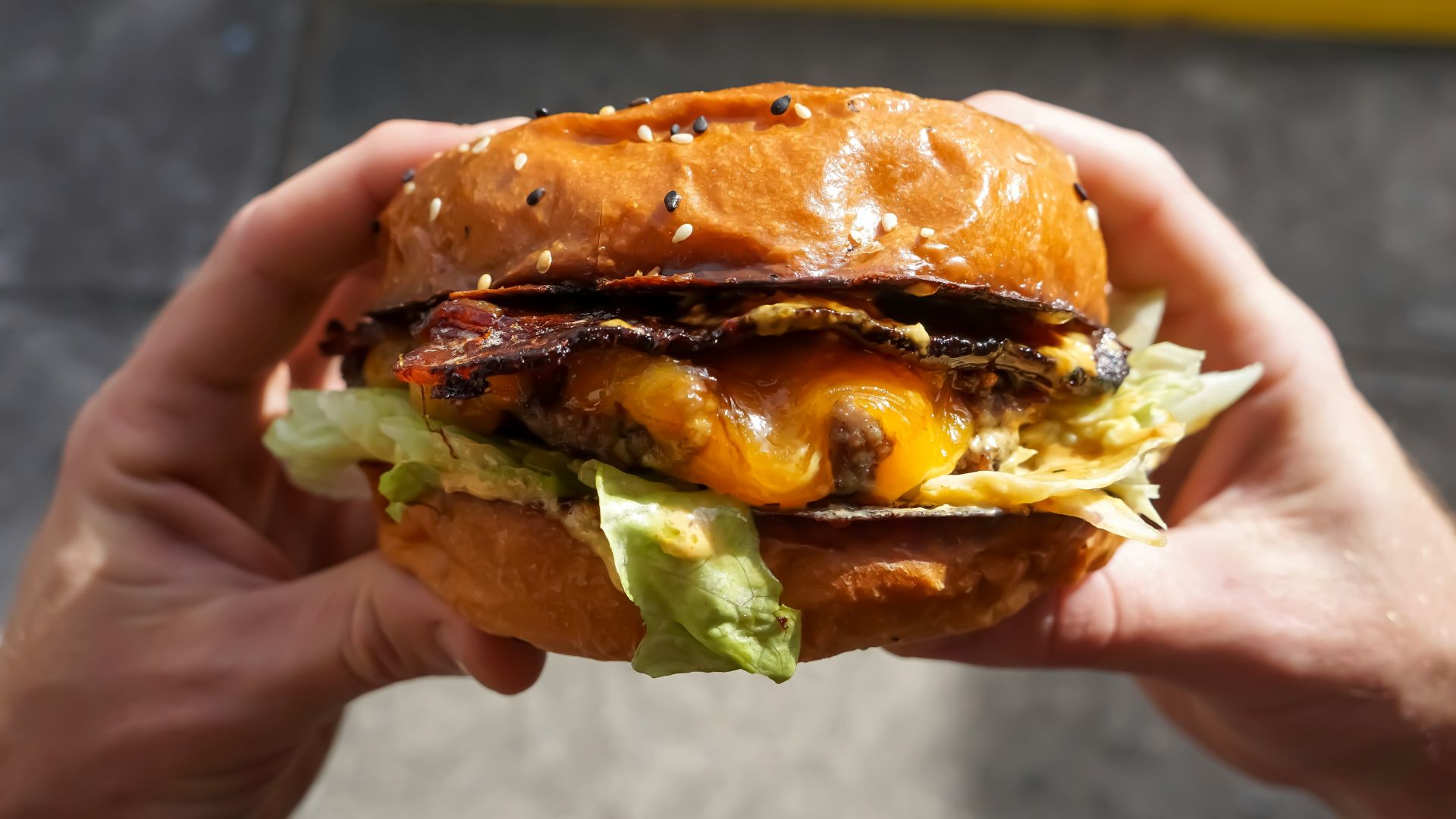
As the new minimum wage law takes effect, the fast food industry in California is at a turning point.
The changes being made by fast food chains, from job cuts to price increases, reflect a broader adjustment to new economic realities. The impact of these adjustments will likely shape the industry’s future, affecting both employees and consumers in the state.
